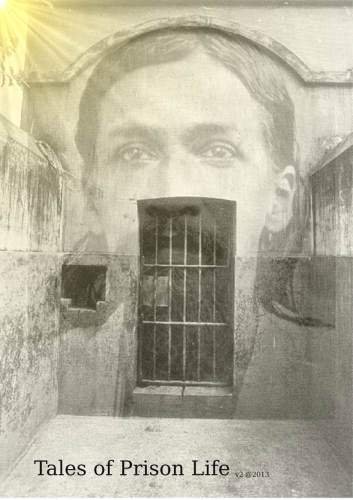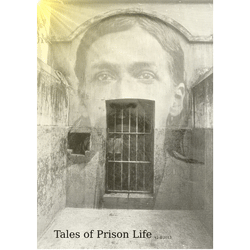Tales of Prison Life

Tales of Prison Life
Sri Aurobindo was arrested for conspiracy on 5th May 1908 and spent one full year in Alipore jail while the British Government, in a protracted court-trial (which came to be known as “Alipore Bomb Case” ), tried to implicate him in various revolutionary activities. He was acquitted and released on 6th May 1909. Subsequently he wrote a series of articles in the Bengali journal “Suprabhat”, describing his life in prison and the courtroom. Sri Aurobindo made a brief mention in these articles of his spiritual experiences in Jail. Later he publicly spoke on the matter in the “Uttarpara Speech”.

